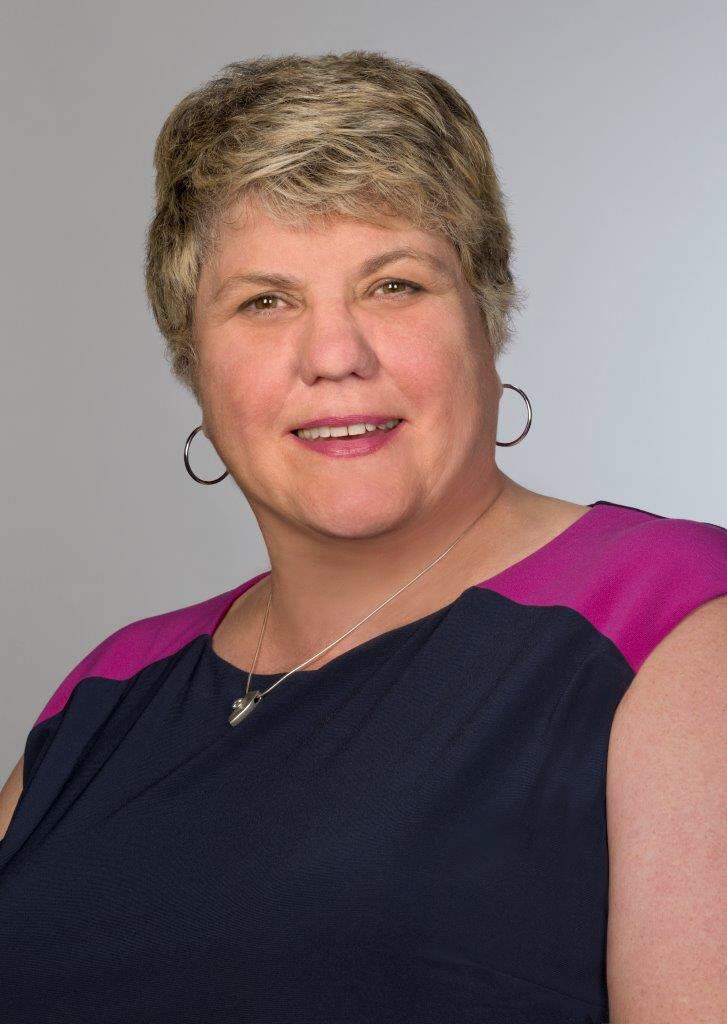From making a diagnosis to tailoring treatment to an individual to someday curing disease, precision genomics is having a profound impact on healthcare.
Cincinnati Children’s Center for Pediatric Genomics and the University of Cincinnati launched Precision Genomics Midwest last year to bring genomic education to the Midwest. Often, clinicians and researchers don’t have the time to attend large national events, but they still need to learn about how genomics will be integrated into clinical care; about genomic technologies; and ongoing research in the field.
This one-day, free event – May 11 at the Kingsgate Marriott on the University of Cincinnati campus – is packed full of education on topics relevant to clinicians, researchers, pharmacists, genetic counselors, lab managers, nurses, and students.
Highlights include:
- The whole day is free, including lunch.
- Two keynotes: Dan Kastner, MD, PhD, Scientific Director at the National Human Research Genome Institute, and Mike Murray, MD, Director of Clinical Genomics at Geisinger Health System.
- A new Bioinformatics track, with breakouts in clinical and research genome bioinformatics
- Break-out sessions including genomics in the clinic, pharmacogenomics, epigenetics, and ethical, legal, and social implications of genomics.
- A panel discussion on Innovative Genomic Therapeutics: Is Gene Editing or Gene Therapy the Answer to Curing Human Disease?
- The largest exhibitor fair in the Midwest, featuring more than 30 vendors and sponsors.
- A networking cocktail hour to finish the day.
Precision Genomics Midwest rapidly is becoming the Midwest’s premier precision medicine conference, by attracting regional attendance and national speakers while simultaneously showcasing talent from UC and Cincinnati Children’s. The inaugural year had nearly 360 registrants from more than 25 different institutions across the Midwest.
Cincinnati Children’s and UC College of Medicine are co-sponsoring the free conference. Other contributing partners include the Cincinnati Children’s Research Foundation, University of Cincinnati Libraries, and the Center for Clinical and Translational Science and Training.
PGM is free, but space is limited. For the agenda, registration, and exhibitor prospectus, go to www.cincinnatichildrens.org/pgm. For updates, follow @CincyKidsGenomX on Twitter.

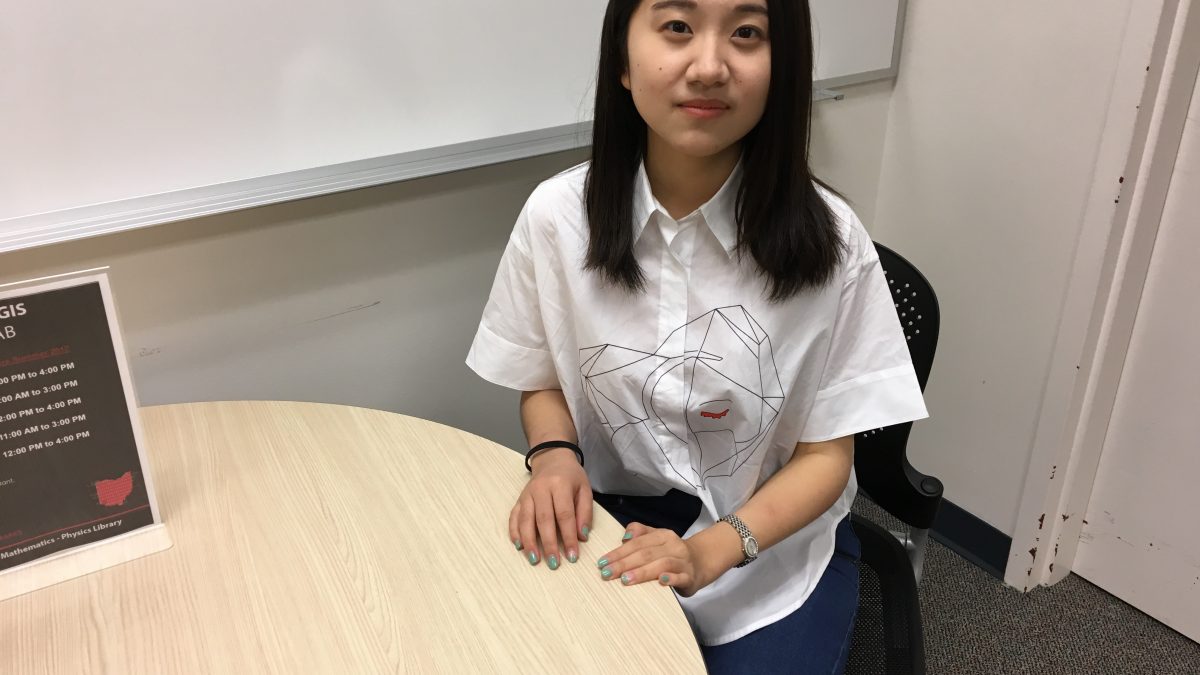
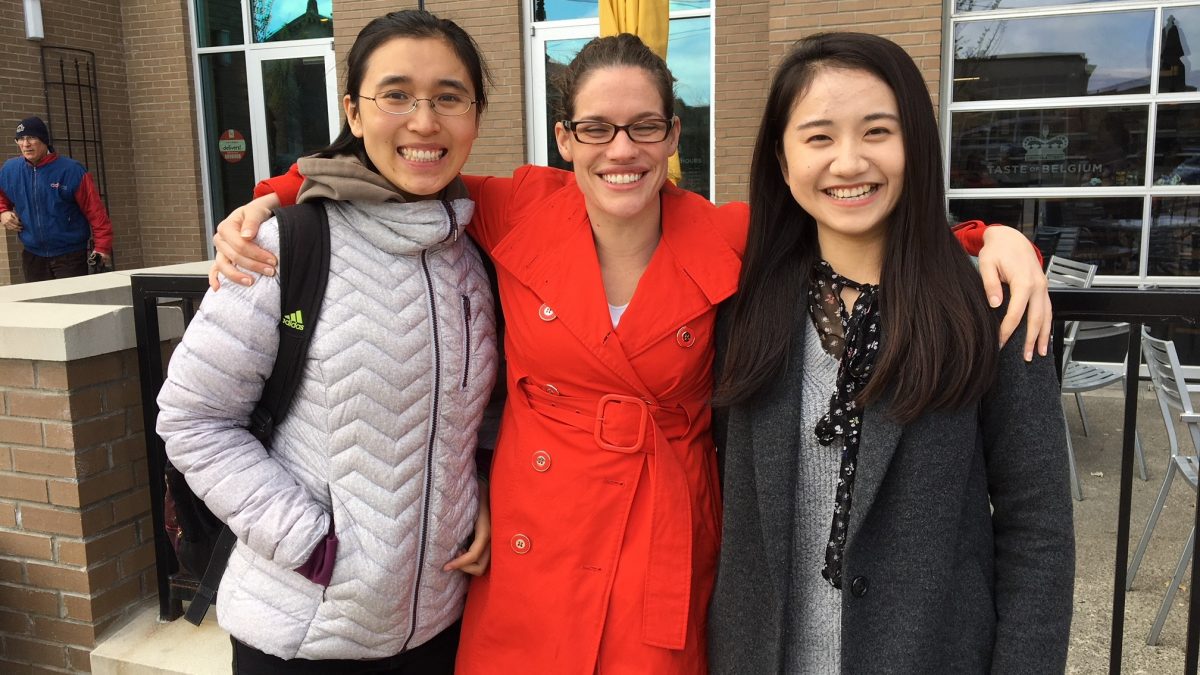
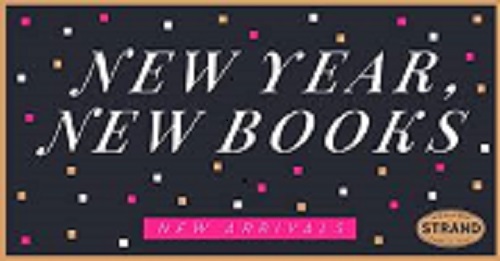
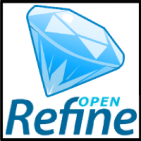 OpenRefine,
OpenRefine, 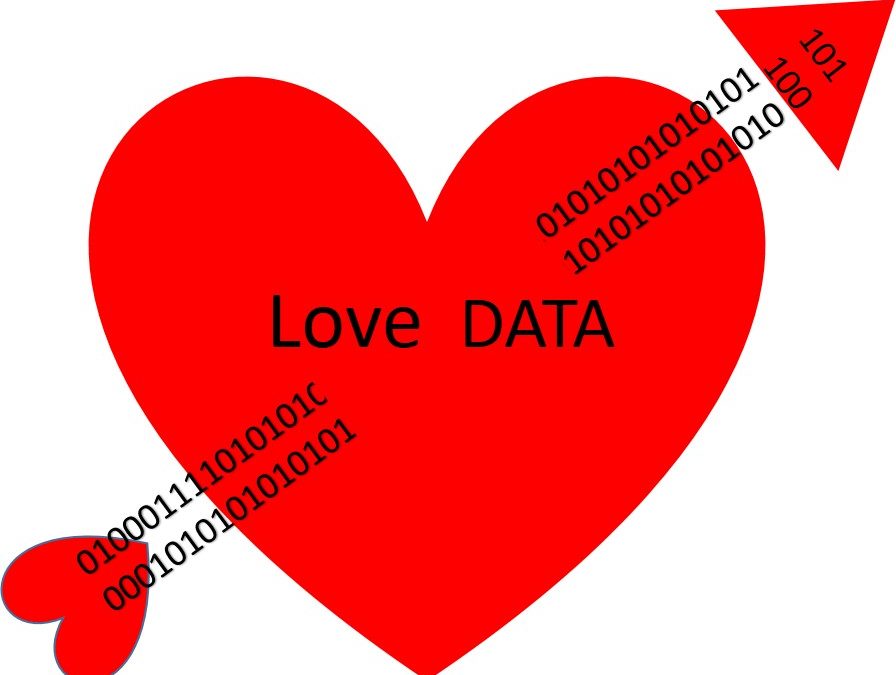
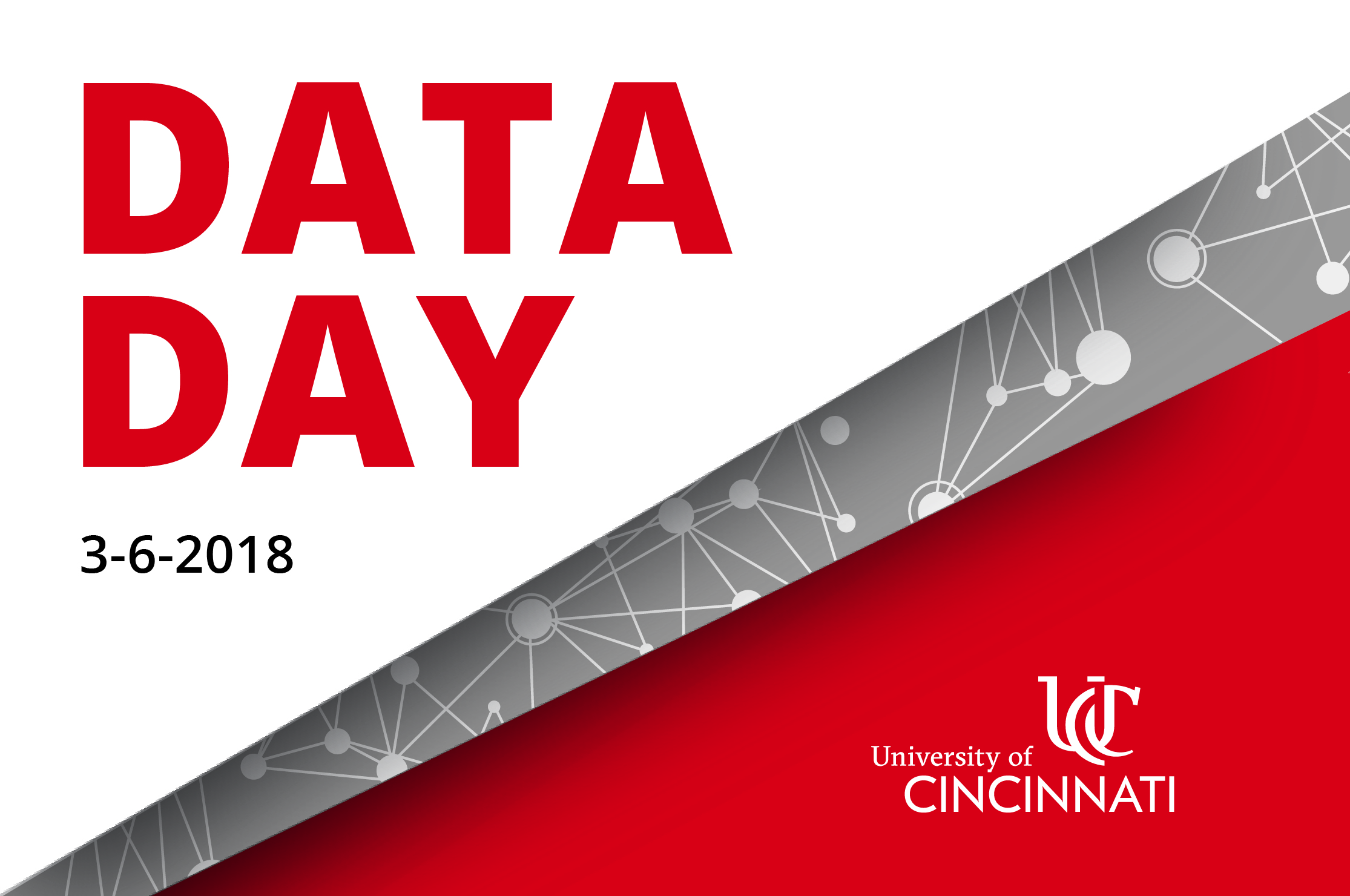 The University of Cincinnati Libraries and IT@UC announce the third annual UC DATA Day. Scheduled for 8:30 a.m.-4:15 p.m., Tuesday, March 6 in Nippert Stadium West Pavilion on UC’s Main Campus (see
The University of Cincinnati Libraries and IT@UC announce the third annual UC DATA Day. Scheduled for 8:30 a.m.-4:15 p.m., Tuesday, March 6 in Nippert Stadium West Pavilion on UC’s Main Campus (see 